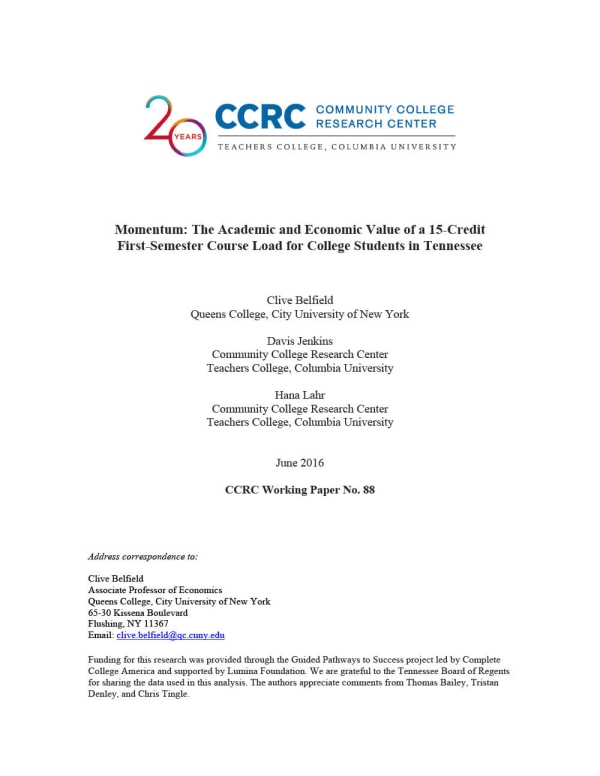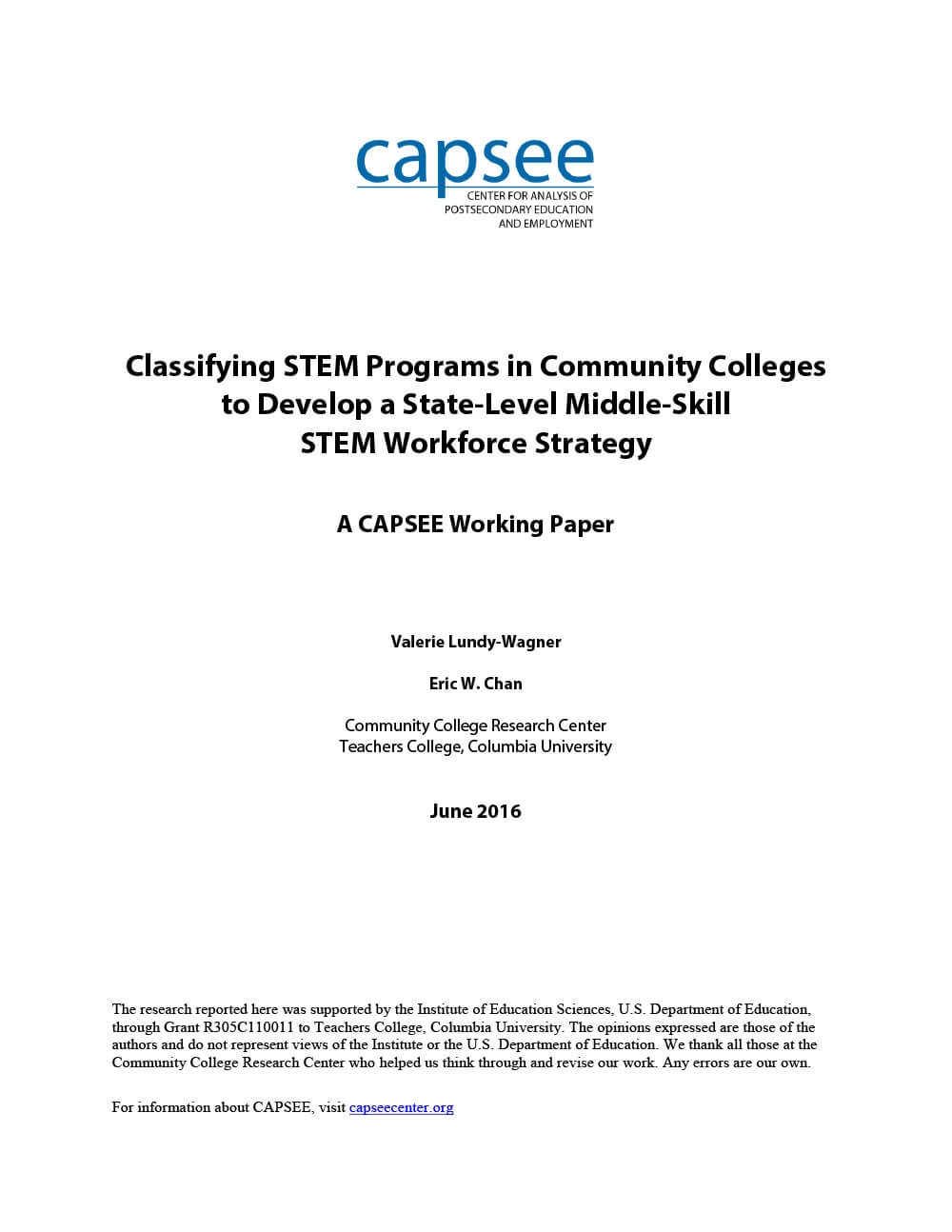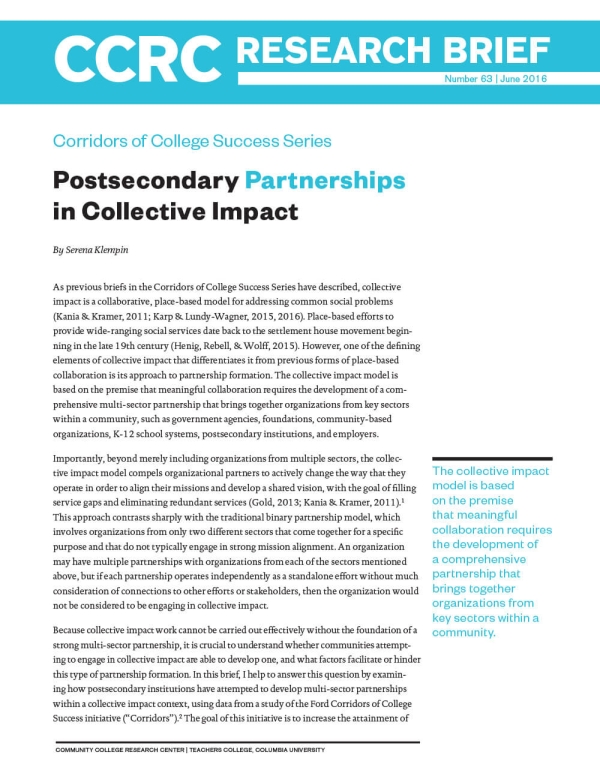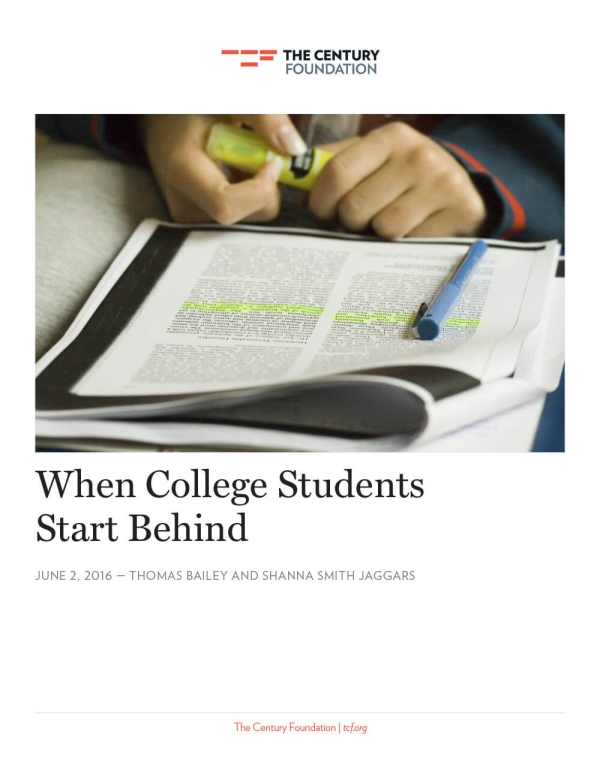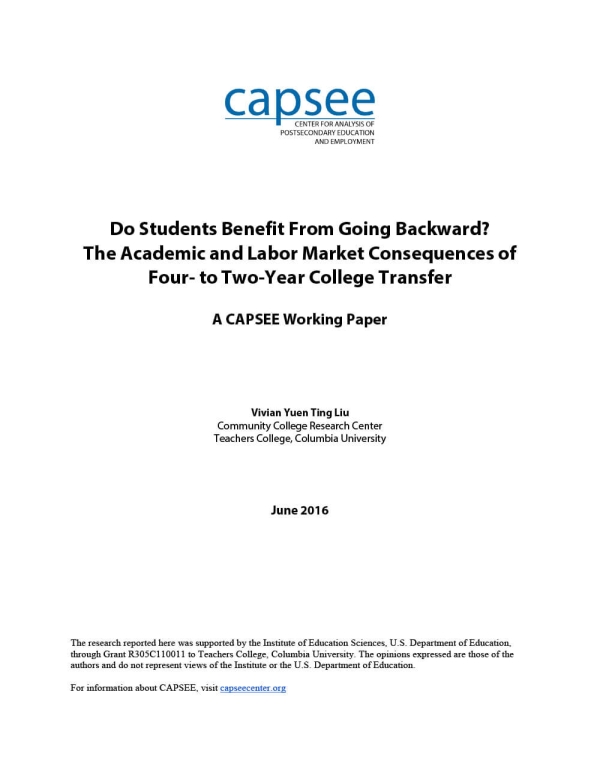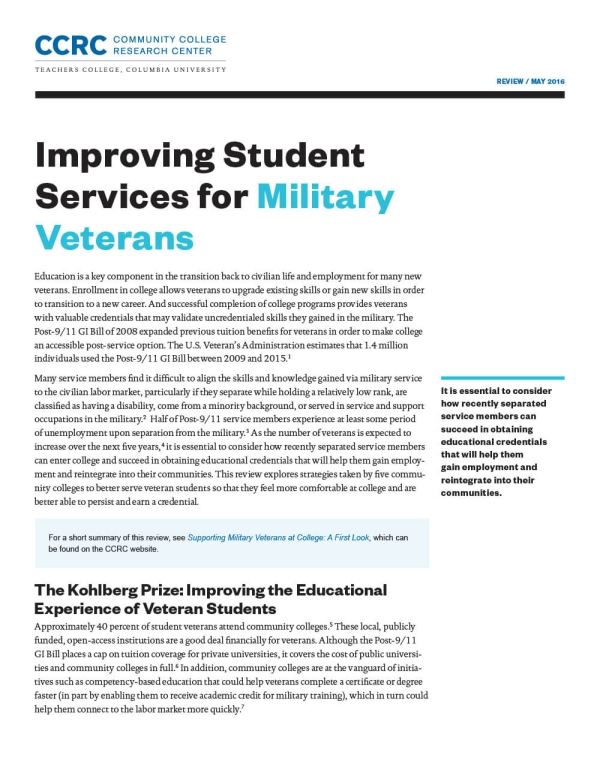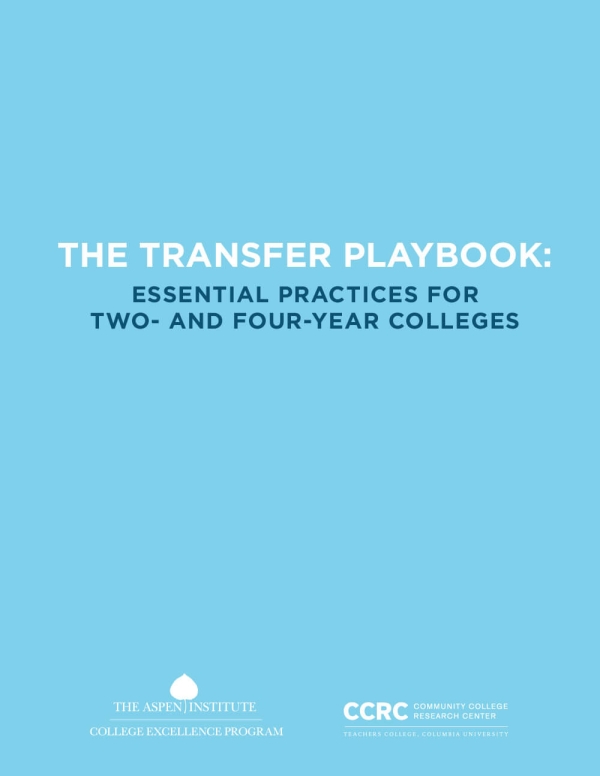July 2016
Using national data on baccalaureate recipients in 1993 and 2008, this CAPSEE working paper examines labor market and debt outcomes four years after students graduate, with a focus on exploring heterogeneity by institution type and major, as well as trends over time.


